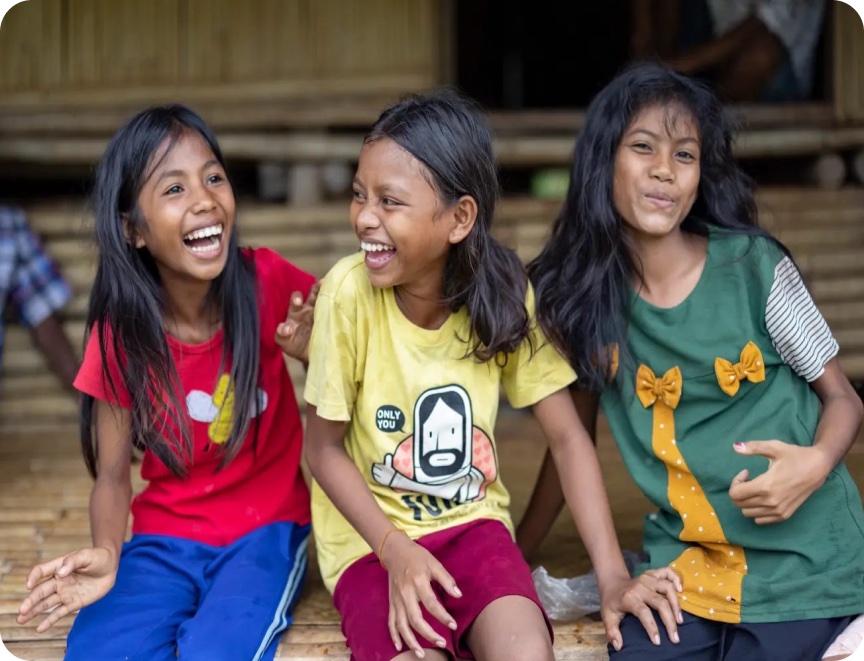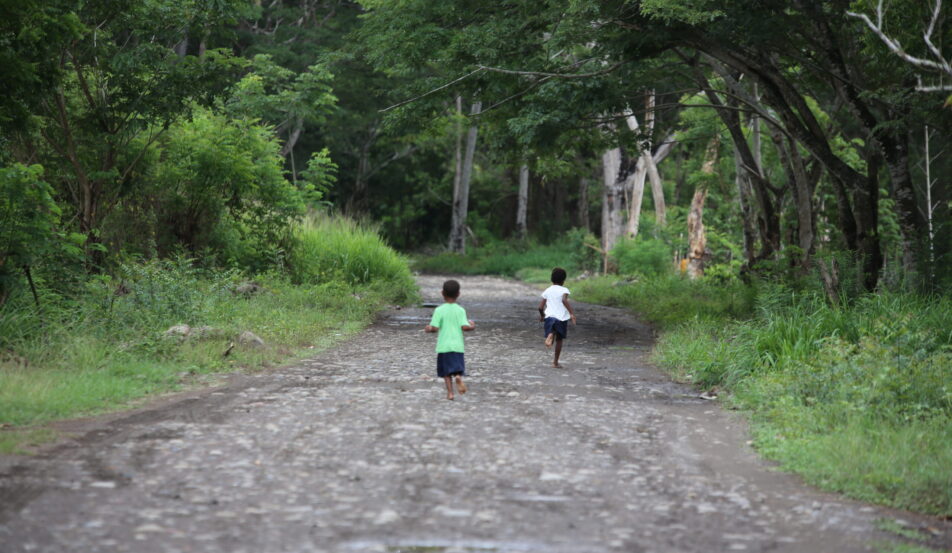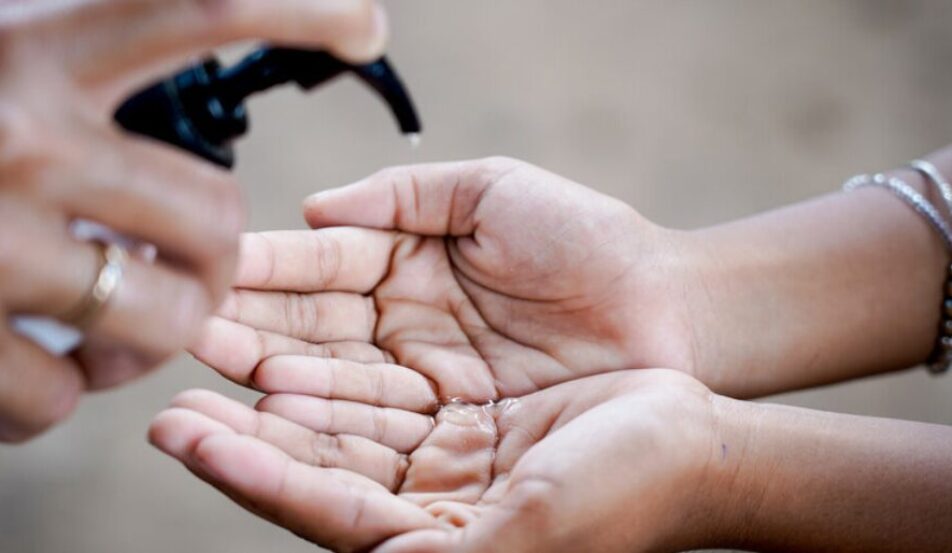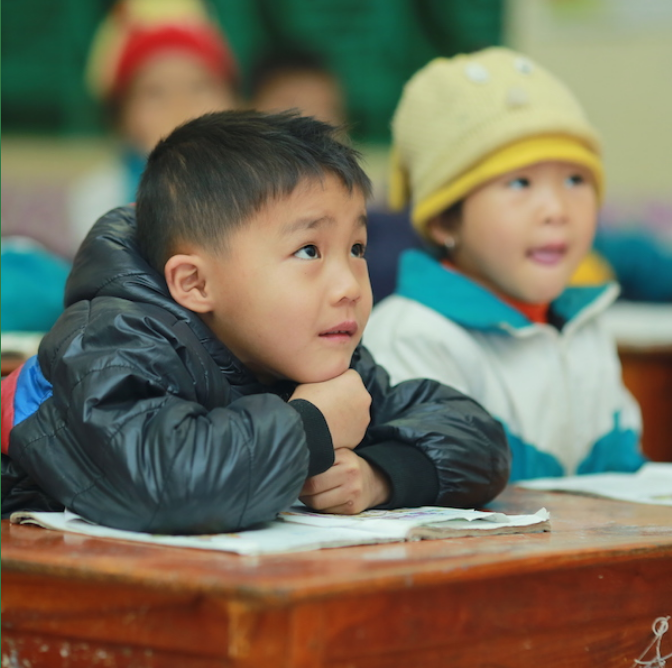What’s World Health Day? 5 gift ideas to support a healthier world
World Health Day is held annually on 7 April and marks the founding of the World Health Organisation in 1948. This day has been used to increase public knowledge and awareness of important health issues.
From diabetes, vaccinations, and breast-feeding, to depression, road safety and physical activity, World Health Day generates global attention on the most significant health and well-being topics of our time.
The World Health Day 2023 theme is Health for All and celebrates the World Health Organization’s 75th anniversary.
A focus on health equality
The Constitution of the World Health Organization (WHO) states that the enjoyment of the highest attainable standard of health is one of the fundamental rights of every human being, regardless of race, religion, political belief, economic or social condition. However, the reality is that an individual’s birthplace can determine how easily they can get quality health care.
World Health Day 2023 is an opportunity to reflect on public health interventions and innovations that have improved quality of life over the past seven decades. It is also an opportunity to highlight the need to continue to tackle current health challenges, particularly for children and their families living in poverty.
Challenges to accessing quality health care
For children and families in developing communities, there are three major challenges to accessing essential health care:
Location: In remote and rural areas, health clinics can be located far away from communities. For many families the only option is to walk to these health clinics because they cannot afford their own vehicles and because of a lack of public transport.
Resources: Even where clinics are established, government budgets may constrain the services they are available to provide. With a shortage of qualified staff, and an even greater shortage of medical equipment and pharmaceuticals, these clinics may only be able to offer the most basic of care.
Resources such as nutritious food and clean water are essential to good health. In developing communities, access to nutritious food and clean water can be challenging because of poverty, ongoing disasters such as droughts that impact farming and agricultural activities, a lack of nutrition knowledge, and long distances to get to water resources.
Cost: Children and adults with more complex conditions will generally require the services available at hospitals located in urban centres. While public health systems may offer care that is free of charge, funds are still needed to cover travel, accommodation, and food costs. As they are foregoing earnings during this time, the total sum needed to access quality health care can be out of reach for low-income families.

Supporting rural communities to access health care
ChildFund’s health programs are focused on increasing access to maternal and child health care.
In Timor-Leste, ChildFund is training Community Health Volunteers to address high levels of child malnutrition and maternal mortality.
Community health volunteers like Augusta regularly monitor the growth and health of children in her village, referring them to a health professional when required, and providing advice to parents and caregivers on hygiene and nutrition.
Augusta also supports pregnant and new mothers, recommending that they give birth in health facilities rather than at home, and the importance of breastfeeding.
In Papua New Guinea, where more than 80% of the population live in remote areas, ChildFund is supporting health professionals to deliver community health outreach services in villages. These outreach services include child vaccinations, antenatal care, tuberculosis/HIV/malaria screening, family planning, and growth monitoring for children.
In Zambia, ChildFund is focused on reducing preventable deaths from malaria. The world’s most deadly vector borne disease is particularly dangerous among children, with 57% of malaria mortalities occurring among children under the age of five.
ChildFund Zambia is responding by educating children and their families about how to recognise the symptoms of malaria, testing children and their families for malaria and providing referrals to treatment, and providing families with insecticide-treated mosquito nets.
5 gift ideas to celebrate World Health Day and promote good health for all
You can help provide better health and wellbeing for all this World Health Day by buying ChildFund Australia’s Gifts For Good. Gifts that can be donated to support children and families around the world to stay safe and healthy include:
1. Mosquito nets: Sleeping without a mosquito net in areas where malaria is prevalent can be deadly. Even mild cases can cause serious problems for families living in poverty. You can help a child sleep safely at night by providing them with an insecticide-treated mosquito net that helps prevent the contraction of malaria and other diseases such as Zika, dengue and yellow fever.
2. Birthing kits for mothers: Birthing kits with medical supplies help pregnant mothers living in remote communities give birth safely at home while hospitals and health clinics are closed or overwhelmed.
3. Vegetable seeds and fruit trees: Keep nutritious and delicious gardens growing. Your gift of fruit trees and vegetable seeds will help provide a lasting source of nutrition and income for families.
4. Hand pump well: This will provide clean water for children and their families for drinking, cleaning and bathing. Children may no longer have to make long, dangerous journeys on foot to collect water from unreliable, contaminated sources. This will also offer children the protection from the risk of deadly waterborne diseases.
5. Hand washing station: This is a simple gift with the power to help everyone in a community improve sanitation and hygiene, and stay healthy.
You can help increase access to quality health care for all this World Health Day. Donate one of ChildFund Australia’s Gifts for Good, or create your own health-focused fundraising event in support.

































